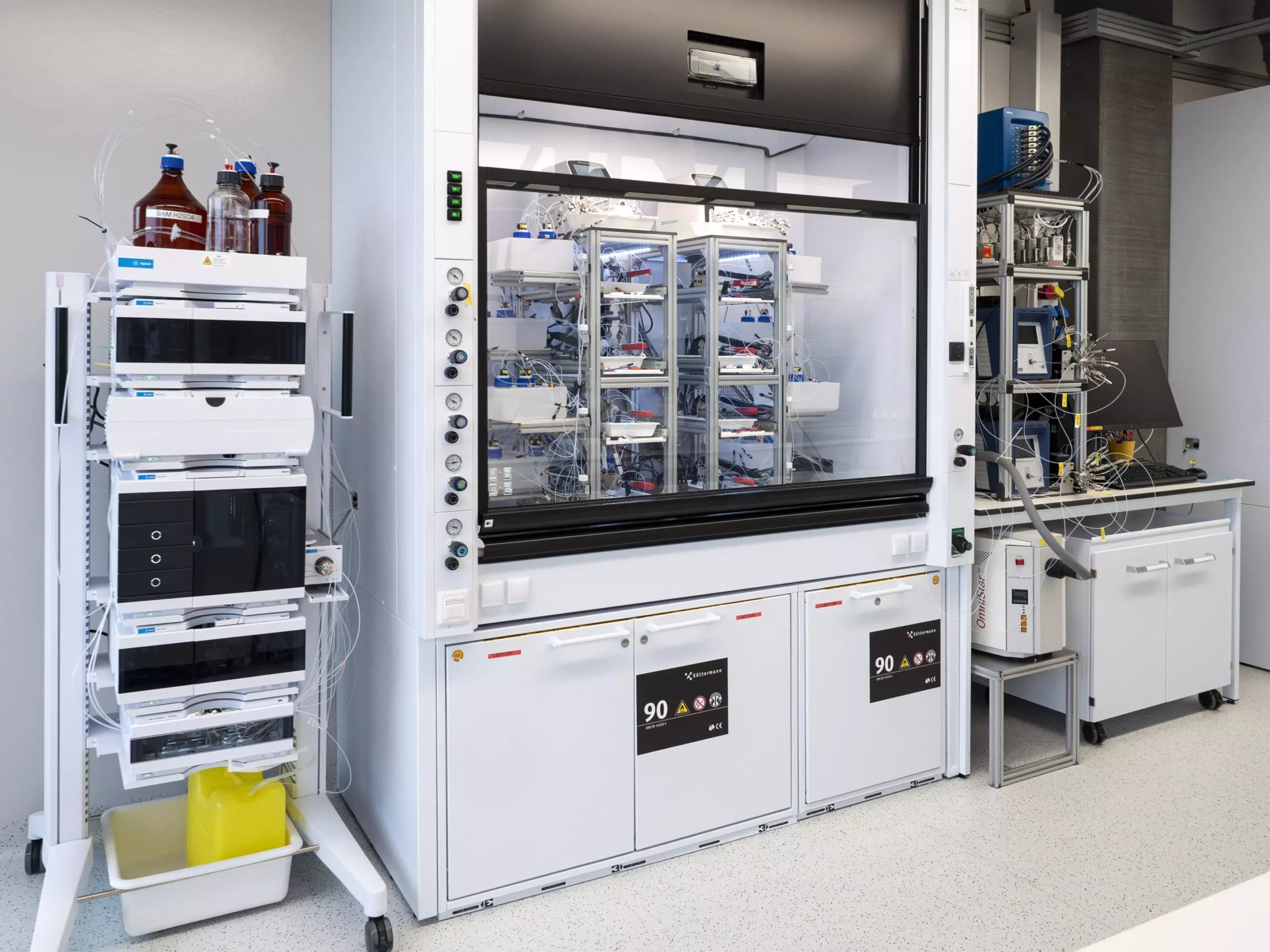The process of turning fossil fuels into energy through combustion is well-known, but what if we could reverse this reaction and convert carbon dioxide back into synthetic fuel? This concept was the driving force behind the Joint Initiative SynFuels, a three-year project conducted by researchers at Empa and the Paul Scherrer Institute (PSI). The goal was to develop a method to produce synthetic fuels efficiently and economically from CO2, presenting a potential solution to the issue of carbon emissions and climate change.
The Challenge of CO2 Electrolysis
One of the main challenges faced in this process is the complexity of CO2 electrolysis. While the goal is to produce synthetic fuel, more than 20 different products can be formed simultaneously during the reaction. These products are difficult to separate, making it a complex and time-consuming task to identify the most efficient combination. The composition of the products can be influenced by various factors such as reaction conditions, catalysts, and electrode microstructure.
Empa researchers have developed a groundbreaking system as part of the SynFuels project, which allows them to investigate up to 10 different reaction conditions, catalysts, and electrode materials simultaneously. This system consists of 10 “reactors” connected to multiple gas and liquid inlets and outlets, as well as various instruments for data recording. By automating the process and collecting data with high temporal resolution, the researchers have been able to accelerate their discoveries significantly.
Innovative Technology
During the development of this system, Empa researchers collaborated with Agilent Technologies to create the world’s first online liquid chromatography device. This device can identify and quantify liquid reaction products in real-time during CO2 electrolysis, providing valuable insights into the process. Additionally, the researchers have developed a software solution to analyze the vast amount of data generated by conducting experiments 10 times faster than before.
Sharing Knowledge and Data
One of the key objectives of the research team is to share their findings and data with other researchers in the field. Through the PREMISE project, a joint effort between Empa, PSI, and ETH Zurich, the researchers aim to create standardized methods for storing and sharing data. By making their software solution available on an open-source basis, they hope to facilitate collaboration and knowledge exchange within the scientific community.
The new parallel CO2 electrolysis system developed by Empa researchers is expected to play a significant role in the second phase of the National Center of Competence in Research NCCR Catalysis. By refining both the hardware and software components of the system, the researchers aim to continue advancing the field of synthetic fuel production. Open access to research data and a collaborative approach are key priorities for the Materials for Energy Conversion laboratory at Empa, as they work towards creating a more sustainable future.


Leave a Reply